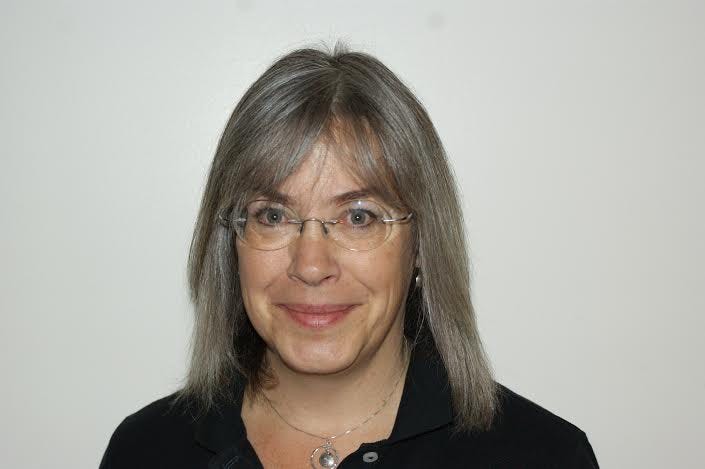Considering a Citizens’ Nuclear Weapons Assembly: A proposal
Can we break through the government’s intransigence on the UN Nuclear Ban?
Canada's former Foreign Affairs Minister, Lloyd Axworthy, together with other retired senior Liberal politicians, including Prime Ministers Jean Chrétien and the late John Turner – have called on Canada to sign the UN Nuclear Ban Treaty, officially called the Treaty on the Prohibition of Nuclear Weapons (TPNW).
To judge by recent polling, a supermajority of Canadians strongly agree; yet today’s Liberal leaders are in sleepwalking, anti-Ban lockstep with the Official Opposition Conservatives, with Prime Minister Justin Trudeau infamously trashing the Ban Treaty as “sort of useless.”
As Sean Howard point out, anyone depending on the current Canadian government or parliament to provide leadership is doomed to wait in vain. But what if the call was answered by Canada’s ‘diverse peoples’ themselves: was undertaken, I mean, as an exercise not in representative but participatory democracy?
Recent years have seen a surge of interest in Citizens’ Assemblies, in many countries and on many issues – though not yet, to my knowledge, on nuclear weapons policy.
So what if, instead of the Canadian government or parliament, a Citizens’ Assembly conducted a review?
While such an assembly should not be empowered to change policy, it should be entrusted, after hearing from a wide range of experts, with making recommendations for elected officials to endorse or reject; and such recommendations might include putting key policy questions – e.g., should Canada sign the Ban Treaty? – to a popular vote.
The kind of assemblies Cape Breton University political science professor Leeanne Broadhead has in mind might operate akin to the most impressive and impactful examples to date which have been in Ireland, where first a Constitutional Convention, established by the government in 2012, recommended legalizing same-sex marriage – a change endorsed by referendum in 2015 – and then a Citizens’ Assembly, established by both houses of parliament in 2015, recommended legalizing abortion – a change endorsed by referendum in 2018.
Prior to these exercises in deliberative democracy, public opinion opposed legalizing either abortion or marriage equality, and it seems that the transparent conduct of the sessions (avidly followed and discussed by press and public), the socio-economic and demographic representativeness of the participants, and the breadth and balance of testimony for and against the propositions, combined to help ‘move the dial.’
Banning the Bomb – if that’s what Canadians decided Canada should champion – would indeed help the world plan, and pay, for a brighter post-COVID future. But more importantly, even than that, it could help inspire humanity to choose life over death.
Read the entire essay “Some Assembly Required?” by PeaceQuest Cape Breton’s Sean Howard published by the Cape Breton Spectator on December 1, 2021.
(Cover: Townhall meeting in 2019 with Secretary-General Antonio Guterres and Civil Society on margins of CSW63 at United Nations Headquarters vi Shutterstock)


